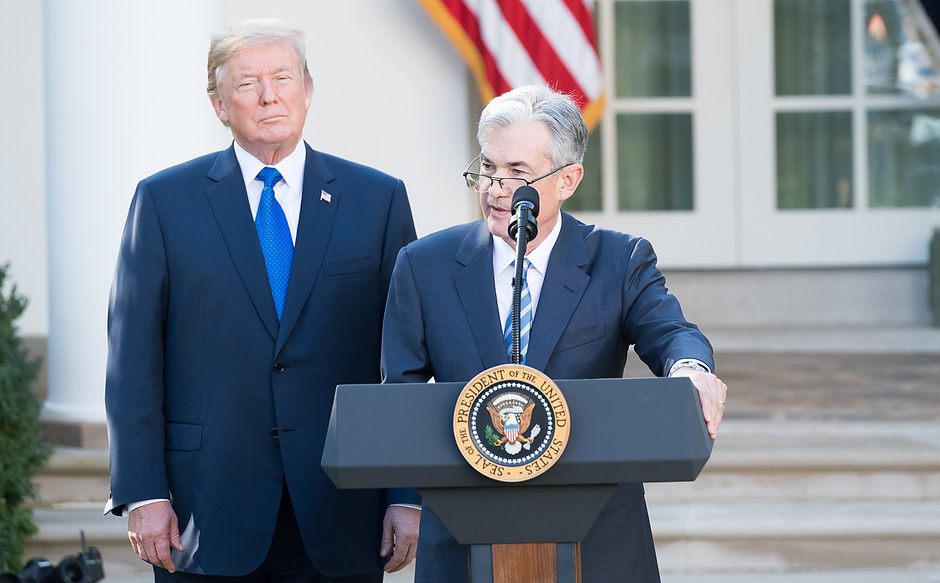Powell is likely to downplay the effect of Delta on the US economy

Outlook
Fed chief Powell is not likely to say anything different today from comments at the last meeting. Those wanting a change in tapering are going to be disappointed. The absence of hawkishness is not the same thing as increased dovishness but can be interpreted that way, which bodes ill for yields and the dollar. Powell is also likely to downplay the effect of Delta on the US economy but it’s not clear this is credible. A Delta Panic or a mini-version of it is lurking in the bushes.
The real data is tomorrow’s GDP for Q2, with Bloomberg at 8.5%, Morgan Stanley at 11.9%, the Atlanta Fed at 7.6%, and the NY Fed at a dismal 4.13%. In light of this wide range of forecasts, the inflation rate coming the next day seems secondary (although we are going to watch Canada CPI today). Note that today we get the “advance goods trade balance,” which is goods only, excluding services. Most people yawn at the number but economists, including at the Atlanta Fed, use it to adjust their GDP estimates.
So, if we are looking for reasons to feel gloomy, we have a surplus of them—Delta, unmoving Fed, high variance in GDP forecasts, climate change, the sustainability of US tech maintaining wild earnings, China acting strange.
Nobody understands what China is up to. The end-game is not clear. Even before the latest weird actions, articles and books were appearing to define China’s position. One is by former diplomat Roger Garside, China Coup: The Great Leap to Freedom. He argues that China is outwardly strong and inwardly weak, with one form of weakness the overindebtedness and inefficiencies of the state-owned companies. Well, yes, that’s what happens under communism. The state also continues to deal with corruption, too, A top-down coup is not out of the question. We can’t judge this kind of argument and we don’t know if global uneasiness arises from a single source, but you’d expect a rise in risk aversion to aid the dollar, not the other way around.
A more grounded explanation for blaming China is the idea that the Chinese government's attack on private companies (Alibaba, Tencent, et al.) is some kind of catering to populist resistance to the income inequality that arises from private enterprises. This is a Marxist way of looking at the world and not improbable, although we don’t see street protests in China demanding private companies get closed down. Still, the global investing class is worried about being forbidden to invest in private companies or private companies getting shut down or some other drastic change. Investors dislike uncertainty and rich people hate change.
The mysteriously soft dollar in a sea of rising angst and risk aversion is peculiar. We will not be getting all the answers we need by the weekend, although GDP and PCE will help. What we really need is a rise in employment at the next payrolls report on the first Friday in August. There is some doubt that ending wage subsidies/unemployment benefits will actually reduce the labor shortage. But if it does, then we can go back to worrying about inflation from rising incomes and consumption. While all this is developing, we’d say staying away from the FX fray is the best policy. Clean your closets or something instead of trading. Too many charts are a coin-toss and the fundamentals are not helping.
This is an excerpt from “The Rockefeller Morning Briefing,” which is far larger (about 10 pages). The Briefing has been published every day for over 25 years and represents experienced analysis and insight. The report offers deep background and is not intended to guide FX trading. Rockefeller produces other reports (in spot and futures) for trading purposes.
To get a two-week trial of the full reports plus traders advice for only $3.95. Click here!
This is an excerpt from “The Rockefeller Morning Briefing,” which is far larger (about 10 pages). The Briefing has been published every day for over 25 years and represents experienced analysis and insight. The report offers deep background and is not intended to guide FX trading. Rockefeller produces other reports (in spot and futures) for trading purposes.
To get a two-week trial of the full reports plus traders advice for only $3.95. Click here!
Author

Barbara Rockefeller
Rockefeller Treasury Services, Inc.
Experience Before founding Rockefeller Treasury, Barbara worked at Citibank and other banks as a risk manager, new product developer (Cititrend), FX trader, advisor and loan officer. Miss Rockefeller is engaged to perform FX-relat

















